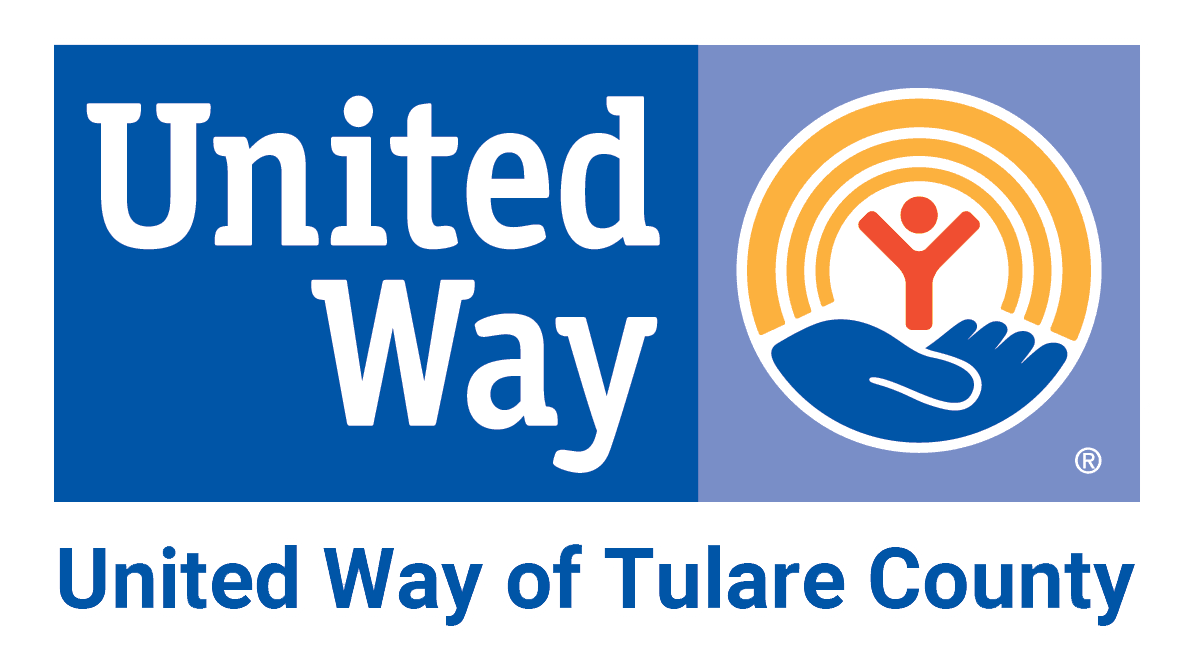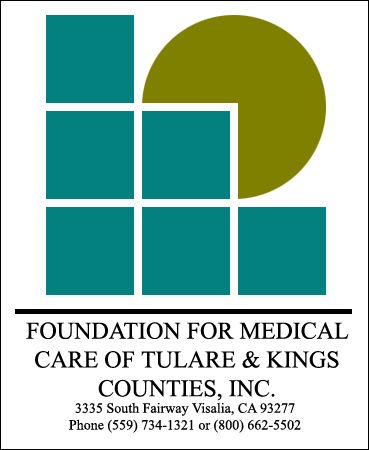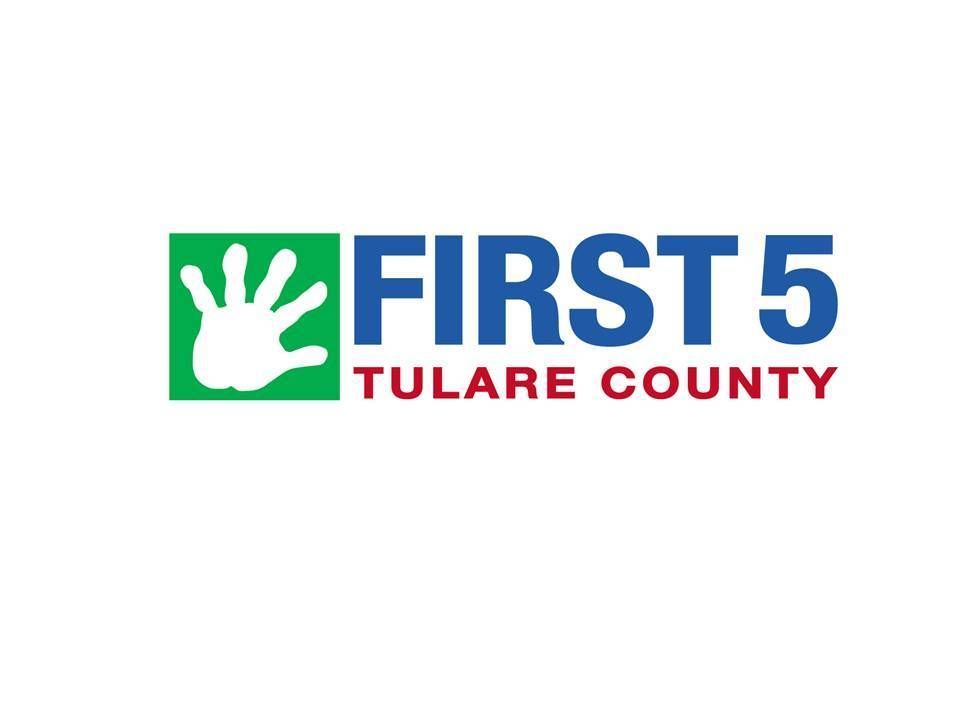
Over the past three years, Family Services has been refining its practices and policies to become trauma-informed. This means that as an organization, we do our best to make decisions and design programs based on a solid understanding of trauma and its far-reaching effects over a person’s lifespan.
Trauma is an experience that causes intense physical and psychological stress and can overwhelm a person’s ability to cope. When someone is exposed to multiple traumatic events that are invasive and interpersonal in nature, they experience complex trauma. Complex trauma involves direct harm, exploitation, or maltreatment. Domestic violence, sexual assault, and child abuse are examples of experiences that can cause complex trauma.
Trauma, and especially complex trauma, can cause physical changes to three main areas of the brain: the prefrontal cortex or the “Thinking Center,” the anterior cingulate cortex or the “Emotion Regulation Center,” and the amygdala or the “Fear Center.” In a traumatized brain, the Thinking Center and Emotion Regulation Center are under-activated, and the Fear Center is over-activated. This means that trauma survivors may have trouble thinking clearly and may have a short attention span. They may struggle to regulate their emotions or bounce back after what might seem like a fairly minor annoyance. And because their Fear Center is always on high alert, they may experience chronic stress and have a hard time feeling physically or emotionally safe.
Being trauma-informed means that Family Services takes these challenges into account when working with our clients. We actively work to create an environment that promotes physical and emotional safety, reduces the risk of re-traumatization, and creates pathways for our clients to heal from trauma. We have adopted five
trauma-informed values to guide our work.
The stories that follow celebrate our clients’ successes and illustrate how our trauma-informed values shape our day-to-day work, promote healing, and give us hope for healthier tomorrows for our clients.
Maria's story, focusing on Family Services' Trauma-Informed Value of Safety
Jack's story, focusing on Family Services' Trauma-Informed Value of Trustworthiness
Luis's story, focusing on Family Services' Trauma-Informed Value of Choice
Danielle's story, focusing on Family Services' Trauma-Informed Value of Collaboration.
Zachary's story, focusing on Family Services' Trauma-Informed Value of Empowerment.



